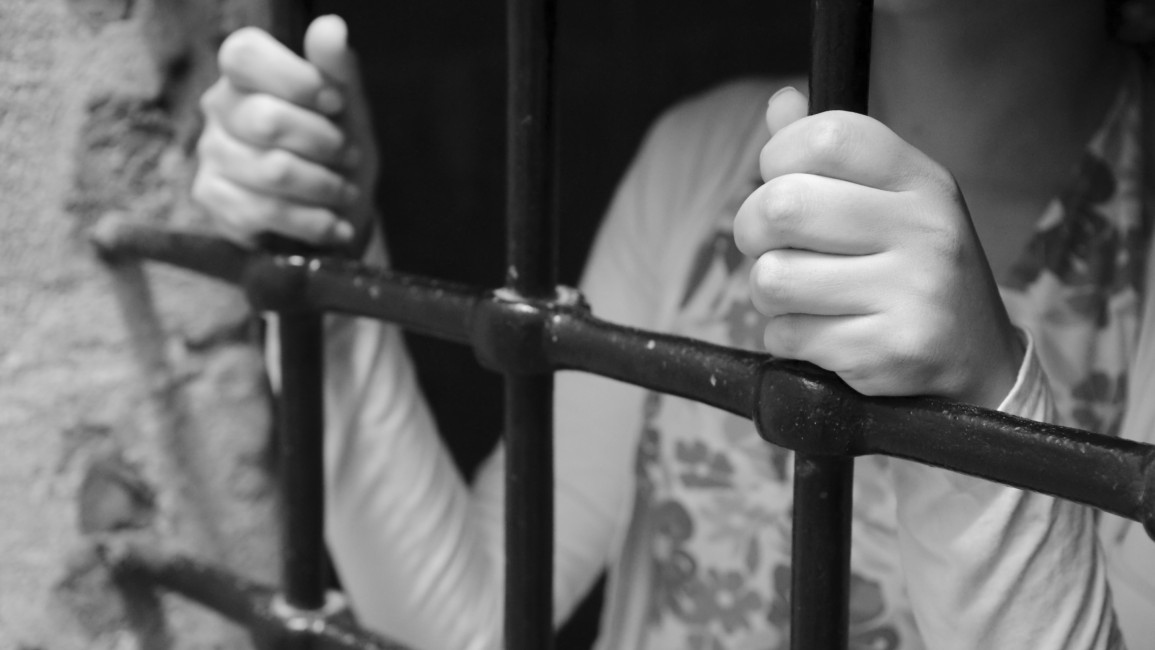Syria's anti-torture law 'whitewashes decade of rights violations': Amnesty
Amnesty International on Thursday slammed Syria’s new anti-torture law, saying it does nothing to address past instances of torture and ill-treatment.
The rights watchdog said the law announced by President Bashar Al-Assad's regime earlier this week “fails to address a decade of torture, ill-treatment and extrajudicial executions carried out by Syria’s security forces”.
Syrian President Bashar al-Assad has enacted a new anti-torture law, but it fails to address a decade of torture, ill-treatment and extrajudicial executions carried out by Syria’s security force. https://t.co/daLEouOPGT
— Amnesty International (@amnesty) April 1, 2022
“While we welcome any legislative steps towards complying with internationally recognized anti-torture conventions, the new law effectively whitewashes decades of state-sanctioned human rights violations,” said Lynn Maalouf, Amnesty International’s Deputy Regional Director for the Middle East and North Africa.
“It fails to offer redress to past victims of torture, include any protection measures for witnesses or survivors of torture, nor does it state whether torture survivors, or in the event of their death, their families would receive compensation. Crucially, it fails to mention any measures that could be taken to prevent torture from occurring in detention centres and prisons in the future.”
The Syrian regime enacted the law criminalising torture on 30 March in a move that opponents have called a "black comedy" and "laughable" considering the regime’s widespread use of torture, detention, and extra-judicial killings over the past decade to suppress dissent.
Syrian President Bashar al-Assad and his allies, including Russia, have been routinely accused of committing gross human rights violations against the Syrian people.
An investigation published by The New York Times on 16 March outlined the discovery of two new mass graves containing the bodies of thousands of victims, many of whom were likely killed at the notorious Sednaya prison near Damascus.
Syrian forces have also been accused of wiping out towns and villages and using white phosphorus and other internationally banned weapons against rebel-held areas.
The regime began its brutal crackdown on Syrian civilians when protesters called for reforms, democracy, and freedom in 2011.
An armed uprising that followed mass defections in the military led to one of the most devastating conflicts of the 21st century, in which over 500,000 lives have been lost.


